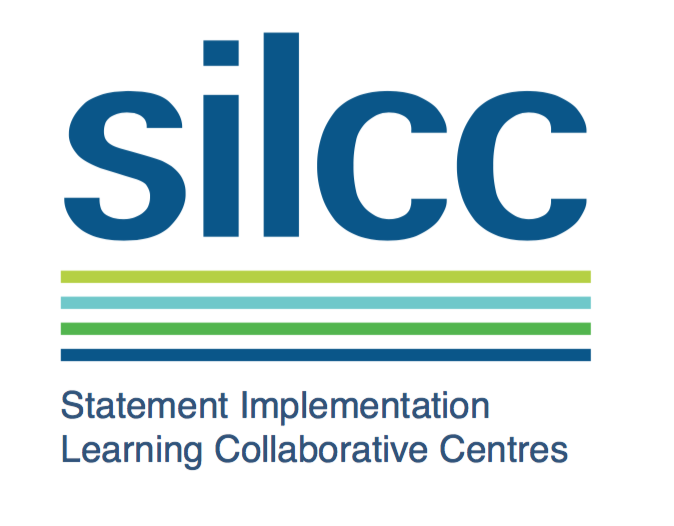“When the reconstitution or mixing of medicines takes place in a patient care area, a hospital pharmacist should approve written procedures that ensure staff involved in these procedures are appropriately trained”
Among healthcare professionals the hos- pital pharmacist is in the best position, because of their expertise in formulation, to advise on reconstitution or mixing of medicines. It is critical that any healthcare professional undertaking these tasks is competent.
What does it mean for patients? Not all injectable preparations can be prepared by the pharmacy. In such cases, hospital pharmacists have the competency to define safe procedures to be used by other healthcare professionals to avoid patient harm.
What does it mean for healthcare professionals? Not all injectable preparations can be prepared by the pharmacy. In such cases, hospital pharmacists should support other healthcare professionals, nurses and doctors by describing feasible procedures for safe and preparation and administration.
What does it mean for Hospital Pharmacists? Where it is not feasible for the hospital pharmacy to prepare such medicines e.g. they do not have aseptic facilities, then hospital pharmacists should be involved in ensuring there are appropriate policies and protocols in place for preparation to be undertaken safely at ward level. Only reconstitution considered low risk should be prepared at ward level. In addition the staff preparing the medicines should have received training and be competent to undertake reconstitution.
- IMPLEMENTING A NATIONAL PORTFOLIO OF EXTEMPORANEOUS PHARMACEUTICAL PREPARATIONS USED IN DANISH HOSPITALS
- DEVELOPMENT OF NEW PRODUCTION WHEN NEITHER PACKAGING NOR SOME OF THE RAW MATERIALS CONFORM TO EUROPEAN STANDARDS
- HOW TO HANDLE ACTIVE AND PLACEBO DRUGS FOR A CLINICAL TRIAL IN THE PRODUCTION SYSTEM CATO IN ORDER TO SECURE THE BLIND AND TO ENSURE THE EXACT SAME PREPARATION OF ACTIVE AND PLACEBO PRODUCTS
- EAHP Survey results 2016/2017 (sections 1,3 and 4)
- EAHP Survey Report 2015
- EAHP Brochure























 The Hospital Universitario Clinico San Carlos is SILCC Host providing training on this Statement. Please learn more about the SILCC programme
The Hospital Universitario Clinico San Carlos is SILCC Host providing training on this Statement. Please learn more about the SILCC programme 
